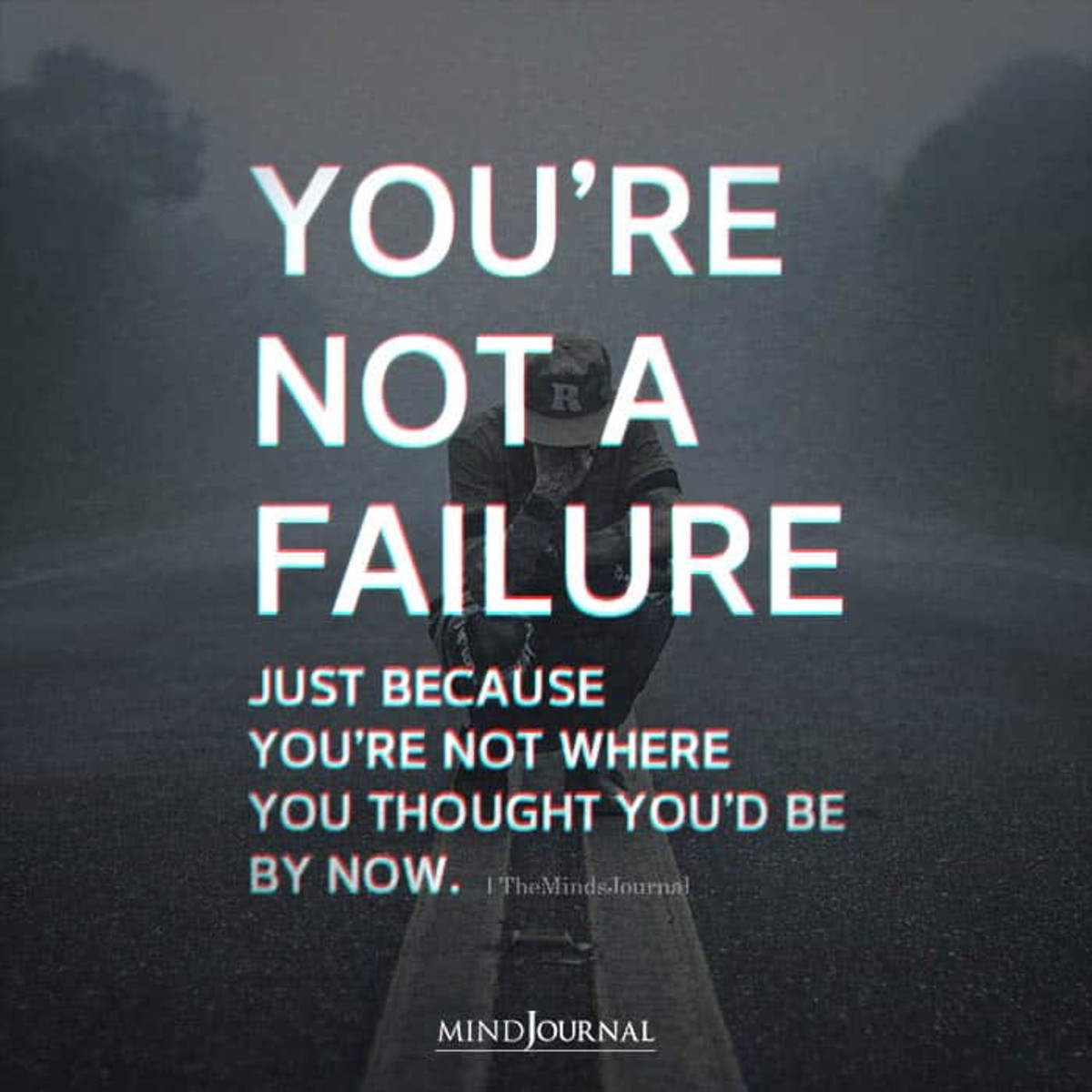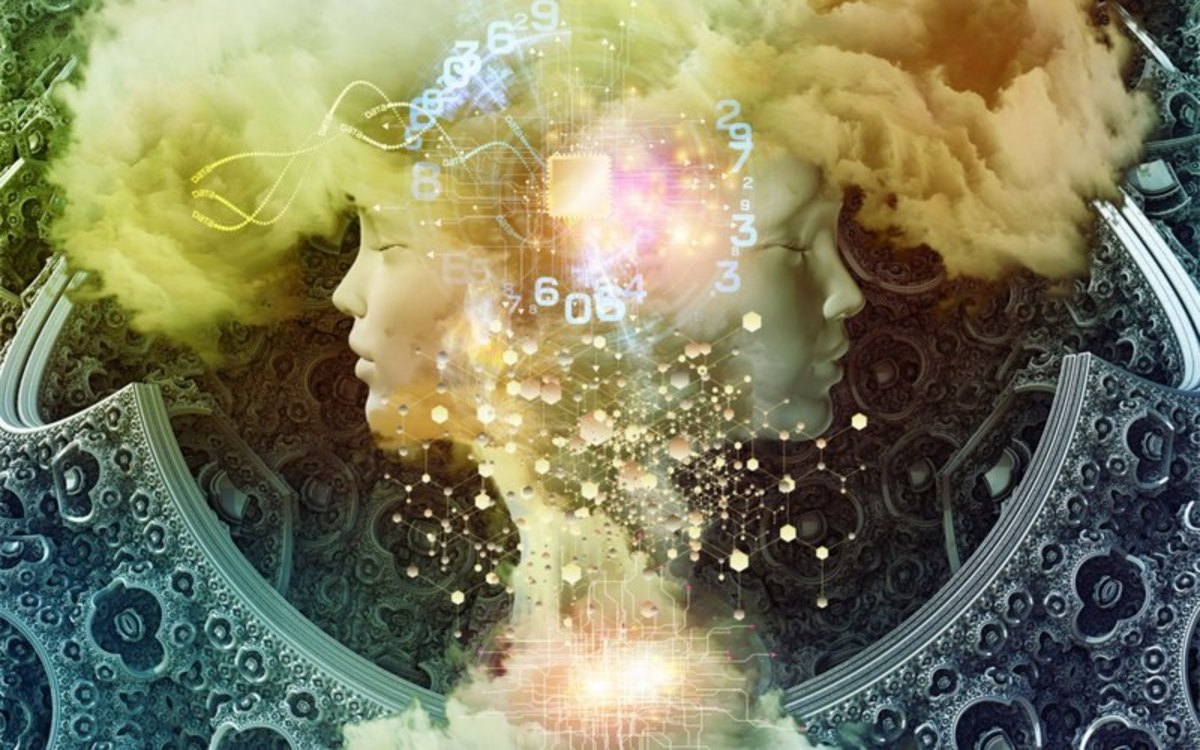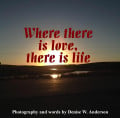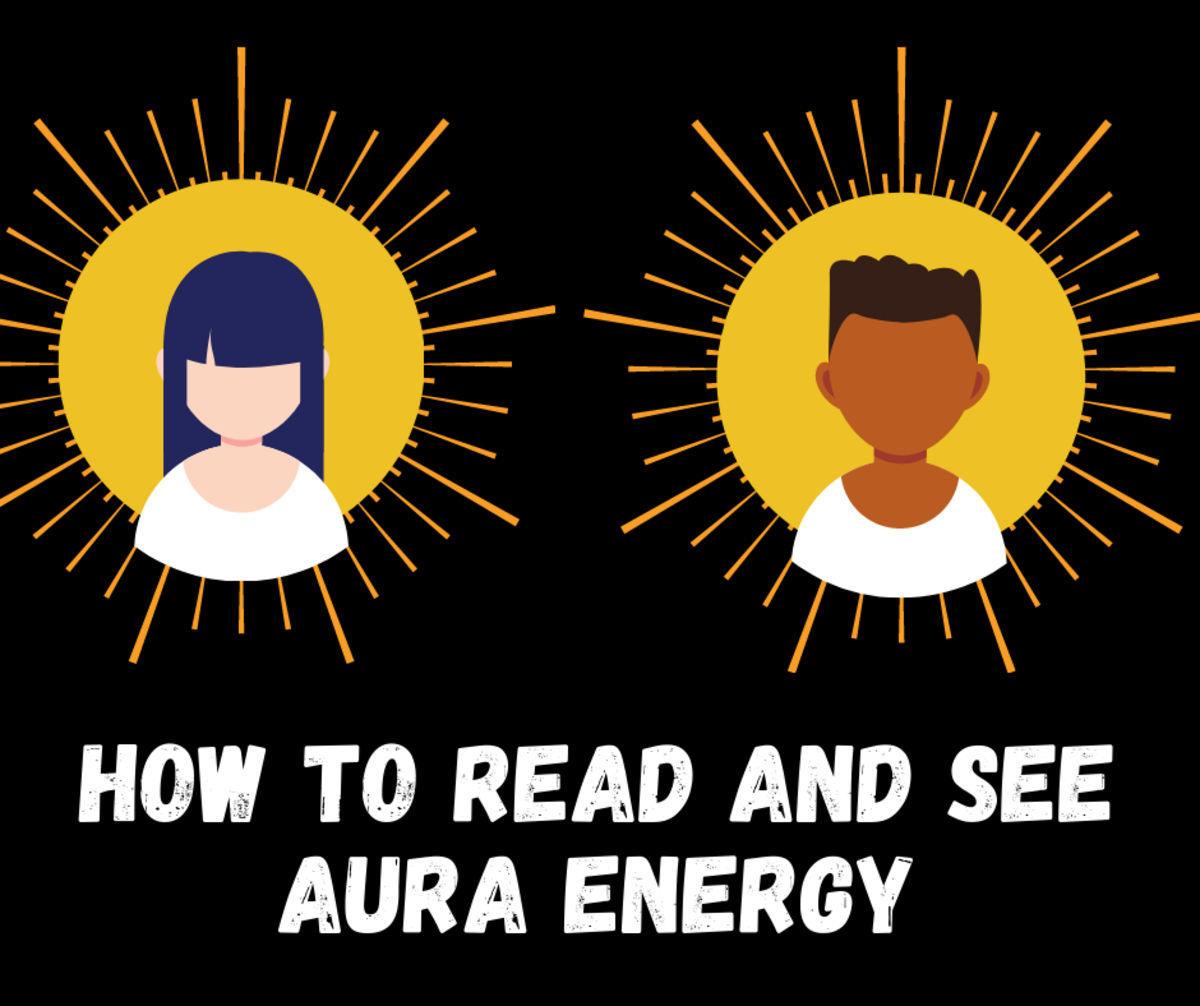What is love?

Love is one of the most talked about emotions in the world. We write songs and stories about it. But few will tell you they know what it is. We can describe it in a hundred different ways, and most cultures have their own ideas about it. Yet all those ideas are part of a theme. Whatever it is we all feel it and want it.
Some philosophers have said that it is not just an emotion but a commitment and actions. Religions tell us it is a gift from god. The idea that the source of all things is love is prevalent in theology. In science love can be seen to exist through the specific chemical reactions that are prevalent in different stages of a human relationship. While that explains the biological process of some types of love, it does not tell us what it is.
Some tell us that it is part of our survival mechanism. Without it children would not have much of a chance because unlike some other animals we take far too long to develop to a point where we can provide for ourselves. So while this tells us that because we have it we survive, it does not tell us what it is.
Strangely perhaps, a Persian view of love may be the closest to explaining what it actually is in a theological model:
“The children of Adam are limbs of one body having been created of one essence. When the calamity of time afflicts one limb the other limbs cannot remain at rest. If you have no sympathy for the troubles of others you are not worthy to be called by the name of "man." – written bySa'di, a Persian poet living around 1300 CE.
The reason I chose this quote is because it raises a question in the very first line, that if true, validates the claim: Are all humans made of the same essence?
Well in fact, science tells us that not only are all humans made of the same essence, all things are made of the same essence: energy/mass. The current physical model of the universe tells us we and all things are made of atoms. Regardless of whether an outside god created atoms or not, energy/mass is all there is and it acts as a system, ever changing ever creative.
In essence we are the body and limbs of that system. We manipulate the world just as it manipulates us. There is no way to live without interaction. Even if you live alone in the wilderness you are still interacting with the world around you, gathering food, finding or making shelter, tools, clothes, etc.
There is an intimate connection between all things. At the atomic level you would be hard pressed to be able to tell the difference between yourself and the so called outside world.
So what does all that have to do with love?
While Sa’di is borne out by modern science, he is not the only one who understood that all things are connected. He used the theological Adam model, but before him mankind has professed to feel and know that all things are connected probably since the first philosophy or religion. Hinduism has methods that can make anyone feel it and see that connection. Of course was it not for every branch of science telling us it is so, not just physics, we might still be able to put it all down to imagination. We can’t really do that anymore.
The thing called love becomes obvious when we look at the way the human thinks. We have a conscious and a subconscious mind. The conscious mind is the deliberation side. It takes new information and dissects it, processes it, categorizes it, and files it away. The person who does martial arts knows that one uses the conscious mind to learn the art, but the art must become automatic to you if you want o be able to use it.
Same with riding a bike. Thinking about it is important when you are learning, but thinking and deliberating are too slow when you need to react. The better you become at riding the more automatic it gets.
The same can be said for any job we do well. The musician who has to think about the next note almost invariably misses a beat.
So in effect, the consciousness is used to educate the subconscious instinctive side of our minds so that actions can be quick and automatic when needed. That’s how we have survived. We have been able to educate our instinct. We can make information so much a part of us that based on it we can change our automatic responses.
We actually, as the above sentence implies, make things part of ourselves. We acquire new skills and new information and they become part of who we are.
In fact the human has two aspects: One aspect tries to make things part of itself, the other rejects things. If you hate math it will never be part of your life. If you hate another human being you are saying very literally most of the time that you do not want them to be part of your life.
This is, of course, the dynamic behind the us vs them attitude humans so often adopt. An attitude that spawns terror and horror and atrocities.
Love is something felt by human and other life forms. It is relational. You love your wife, your children, your relatives, your friends. All these forms of love are different because they allow different aspects of those relationships to become a literal part of you.
Yes, love is spawned by an attraction. You like the way someone smiles, you find them interesting, easy to get along with. All those attributes contribute to creating love between two people. But the part that is love and results in the desire for commitment, is the desire to make the other person part of who you are. Part of yourself.
A friendship occupies a certain art of yourself. It may fulfill that part or compliment it. Love of a child is a love of self, because that person is a literal part of you as well as a mental part of who you are from birth. Perhaps it is the strongest love besides love of self.
Great men have often said that if you do not love self you cannot love others. If you do not like who you are you suffer in relationships with others. If you love self you protect self and you are committed. When you bring others in you can give them that same commitment.
It is easy to bring a new attribute in to yourself and make it part of you. It has no will to challenge yours. It is a skill not a being. But when you try to make others part of you, you can run into a lot of trouble. Not only are you expecting to make them part of you, you are accepting and becoming part of them.
Depending on who you are and who they are that may or may not work out.
There is no such thing as a selfless act. That is to say all acts are from the self and everything we do we do because we gain something from it. That is not a bad thing. It is just the way subjective beings work. We do not take a person out of a burning building because we want to be selfless. If we do it it is because something, some part of us needs to or wants to. Like the analogy of calamity effecting one limb makes it difficult for other limbs cannot remain at rest.
So love is an act. It is the act of trying to make something or someone a literal part of you and who you are. Commitment, caring, all of it comes from that attempt and that fact. The more we understand ourselves and the more in tune we are with ourselves the easier it is to bring others into us. That often takes a lot of work.
It is also nicer to be a part of someone else if they are in harmony within themselves.
It is no wonder love is such a prevalent subject. It does not concern just relationships between people, but also between people and the things they love to do. Notice I said love to do. They love to do them because those activities are part of them. We can love ideas like nationality or diversity.
Again, the human has one of two main reactions to anyone and any new idea. Either we make that person or thing part of our lives or we reject them or it. It is so obvious that making something part of self is love. Yet it has for so long seemed to be a mystery.
To go farther with all this, pure love is empathy. If you can love yourself unconditionally then you can love others unconditionally as well. None of it is really much of a mystery. People have been saying it for centuries in wedding vows. Two become one, or at least that is the idea. Yet unfortunately the obvious so often escapes us.
We are all interconnected and we feel that instinctively. Now we just have to understand it rationally and the world could be a different place. Inclusion is the answer. Rejection causes conflict.
No it is not easy to include everything in to self. It may be impossible in many cases. All we can do is our best.








